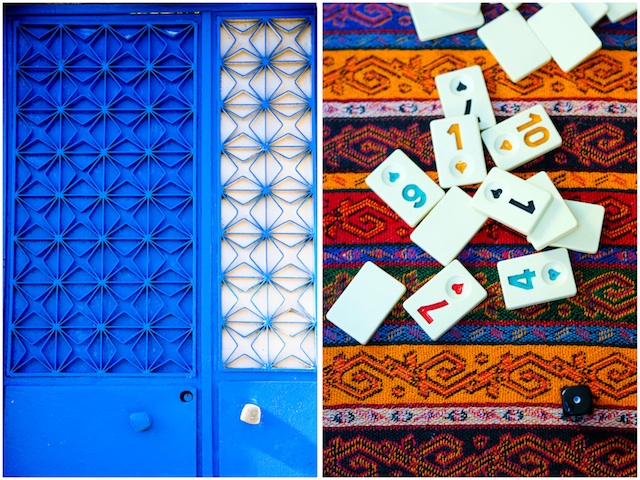
By Anna Frisk
“Come in,” said two Turkish men.
Admittedly, I didn’t understand the burble of their native Turkish, but the universal gesture of summons they made with their hands fluidly communicated the verbal invitation in my mother tongue: welcome.

The men were seated on a sidewalk, in plastic chairs at the height of my knees. Before I could accept and sit, I was presented with a saucer and a tulip-shaped glass of black tea. As I squatted down to reach their level, seemingly hovering above the ground, a new Turk appeared to want to usher me off. Apparently, I needed to meet the rest of the gang. The presence of a foreign female was an exception that demanded attention.

Around the corner, in a non-descript glass-paned building was a gathering of men. Only men. In the swirl of backgammon, card games, and gossip, not a single female could be spotted. There was no kitchen, only a teamaker’s cubicle, a framed photo of Atatürk (Turkey’s uniter and the symbol of the Republic), and the thronging men.


Before I could actually enter, the self-appointed leader rushed over and told me in unexpected English, “Come meet the teacher.”
Surrounded by a pile of scattered game tiles, “the teacher” pushed a chair toward me. Sit. When their attention could be diverted from the game, they asked. Alman? Rus? I knew these words from their repetition, like a record, in Turkey. It was part of the introductory script that flowed from every native’s lips and satisfied some of their inherent curiosity. German? Russian? My blonde hair hinted thus, always making the real answer a constant surprise: American. With the growing crowd of circling men, the answer was accepted with a smile and a grunt of affirmation. “America, good. Obama, good.”
“Turkey, good?” they asked, as the traveler’s script mandated.



